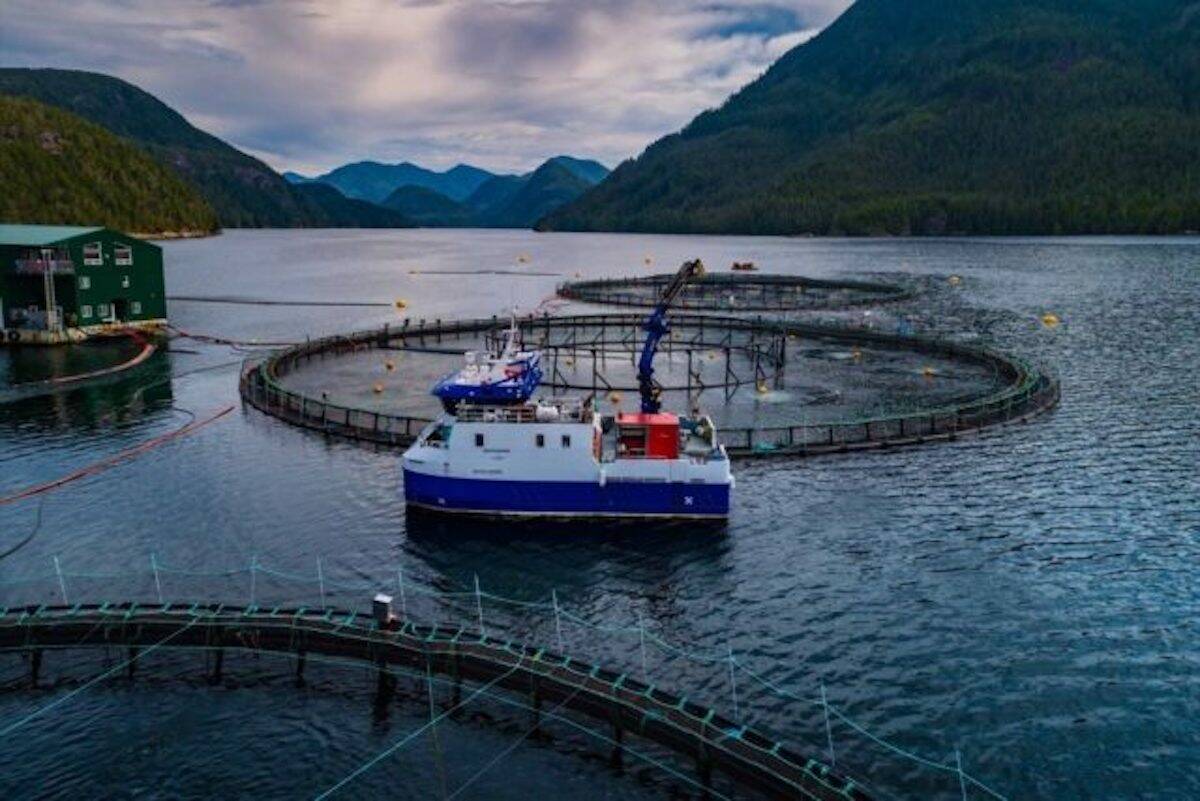Despite protests from industry and partners, it looks like the federal Liberals are still planning to transition British Columbia away from open-net pen salmon farming.
Department of Fisheries and Oceans (DFO) issued a response to the special announcement that had been made by the Gwa’sala-‘Nakwaxda’xw First Nations on March 25 in Port Hardy, where the nations stated they would be taking control over their traditional waters, specifically with regards to aquaculture and fisheries.
With 79 federal aquaculture licences set to expire by June 30, 2022, Claire Teichman, press secretary for Fisheries Minister Joyce Murray, noted that Murray is still committed to “transitioning away from open-net pen salmon farming in coastal British Columbia waters. Work to do so is already underway.”
It was back in December of 2020 that previous DFO Minister Bernadette Jordan announced that the licences for aquaculture operations in the Discovery Islands would not be renewed.
According to Teichman, several of the farms have already been emptied now, and all remaining Discovery Islands’ facilities must be cleared of fish by this coming summer.
In addition, “last spring an extensive set of engagements on a plan to phase out open-net pen fish farms was conducted, and the views of multiple stakeholders recorded. The ‘What We Heard’ Report was published and posted online in July 2021, and DFO officials are in the process of building on this work.”
Teichman also pointed out that continued and close collaboration with Indigenous communities, the Province of British Columbia, industry, scientists and other stakeholders “will be key to developing a responsible plan and successful transition process. DFO is in consultation with the licence holders and a decision will be made in the coming months. The transition will provide a vision to create economic opportunities for communities that rely on fish farming.”
She added that the protection of wild Pacific salmon remains a high priority for British Columbians.
“In recent years, climate change, including B.C.’s recent landslides and flooding, habitat loss and fishing pressures have negatively affected Pacific salmon at every stage of the lifecycle.”
RELATED: North Island First Nations declare intent to take control fisheries in traditional waters
@NIGazette
editor@northislandgazette.com
Like us on Facebook and follow us on Twitter

